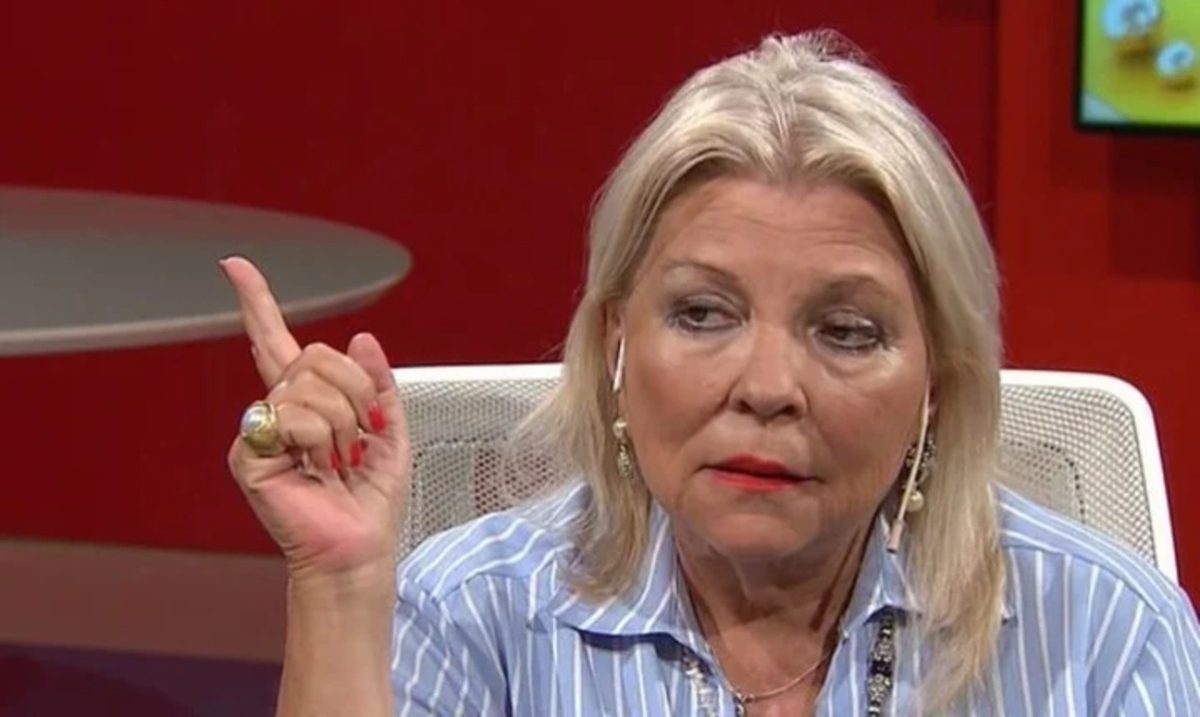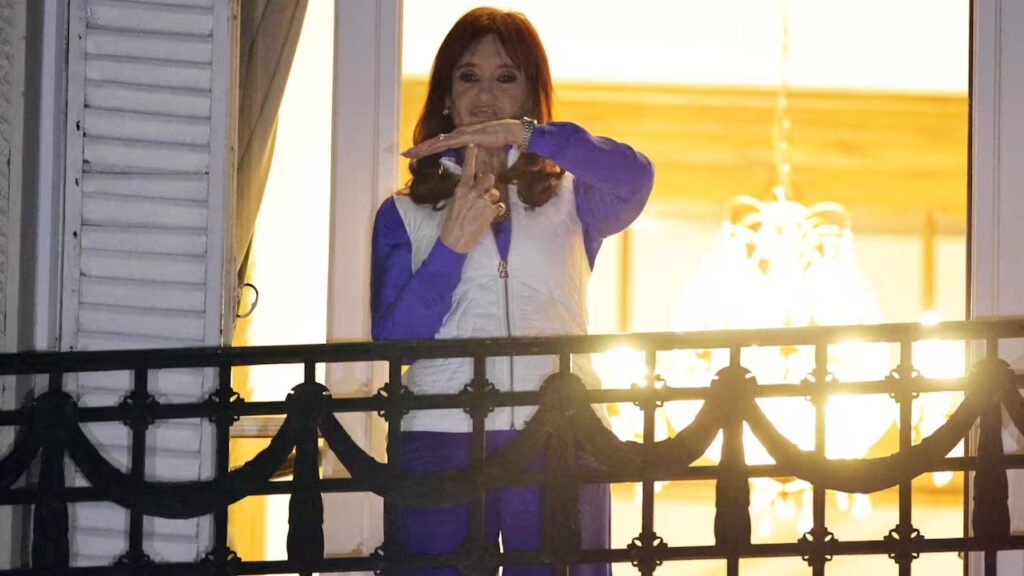The UCR and the Civic Coalition were reduced after the legislative election.


The Radical Civic Union (UCR) and the Civic Coalition suffered a significant setback in the legislative elections . Both parties, which formed part of Together for Change, lost representation in the House of Representatives and the Senate. According to the official results, the UCR will drop from 14 to six seats, while the Civic Coalition retains only two.
In a polarized environment, the UCR reduced its presence in most provinces. The centennial party only achieved positive results in a few districts where it reached agreements with La Libertad Avanza. In Mendoza, Governor Alfredo Cornejo retained Pamela Verasay's seat. In Chaco, Leandro Zdero also gained a seat thanks to an agreement with the ruling Libertarian party.
In Entre Ríos, under the leadership of Rogelio Frigerio, the alliance with the national government allowed the party to retain one more seat. However, in the rest of the country, the result was negative. The decline leaves the Radical Party with less political strength and a smaller bloc in Congress.
The national president of the UCR (United Citizens' Union), Martín Lousteau , competed in Buenos Aires under the banner of United Citizens , the Buenos Aires version of the United Provinces , which groups governors not aligned with the national government. His performance was modest: he obtained 6% of the vote and finished fourth, behind the Left Front.
In a message published on X, Lousteau stated: “We entered Congress to represent those who seek balance, common sense, and empathy. We will continue working for a better life for every Argentine man and woman, wherever we are.”
Thanks to all the people of Buenos Aires who voted and to those who joined us with their votes. Thanks to the activists and everyone who is part of Ciudadanos Unidos. We entered Congress to represent those who seek balance, common sense, and empathy.
Let's keep going... pic.twitter.com/gfROp895oO
The future of the radical bloc is uncertain. Several governors seek to maintain their independence, while other leaders are considering new alliances for 2027.
The Civic Coalition ran on the "Let's Make a Future" banner in the City of Buenos Aires, where it has historically held sway. However, it failed to secure 2% of the vote. In the province of Buenos Aires, the situation was even more unfavorable: it failed to reach 1%. Of the four seats it was up for grabs, it lost all of them. It only retains those of Maximiliano Ferraro and Mónica Frade , whose terms expire in 2027.
Elisa Carrió posted a brief and moving message: "Congratulations to the Civic Coalition, which fought the battle knowing we wouldn't get the votes. Because the cause of a just and republican Argentina is the reason we live, and neither victory nor defeat affects us."
Congratulations to the Civic Coalition, which fought the battle knowing we wouldn't get the votes. Because the cause of a just and republican Argentina is the reason we live, and neither victory nor defeat affects us. A huge kiss to all the Argentine people, even though we don't... pic.twitter.com/AKCS8O3GY2
— Elisa Lilita Carrió (@elisacarrio) October 27, 2025
With these results, the UCR and the Civic Coalition are losing ground in the face of the advance of La Libertad Avanza and the provincial ruling parties. Congress is reconfiguring with fewer centrist actors and more pronounced polarization. Both forces face the challenge of rebuilding leadership and recovering their identity in a political landscape that has left them on the margins of power.
elintransigente





